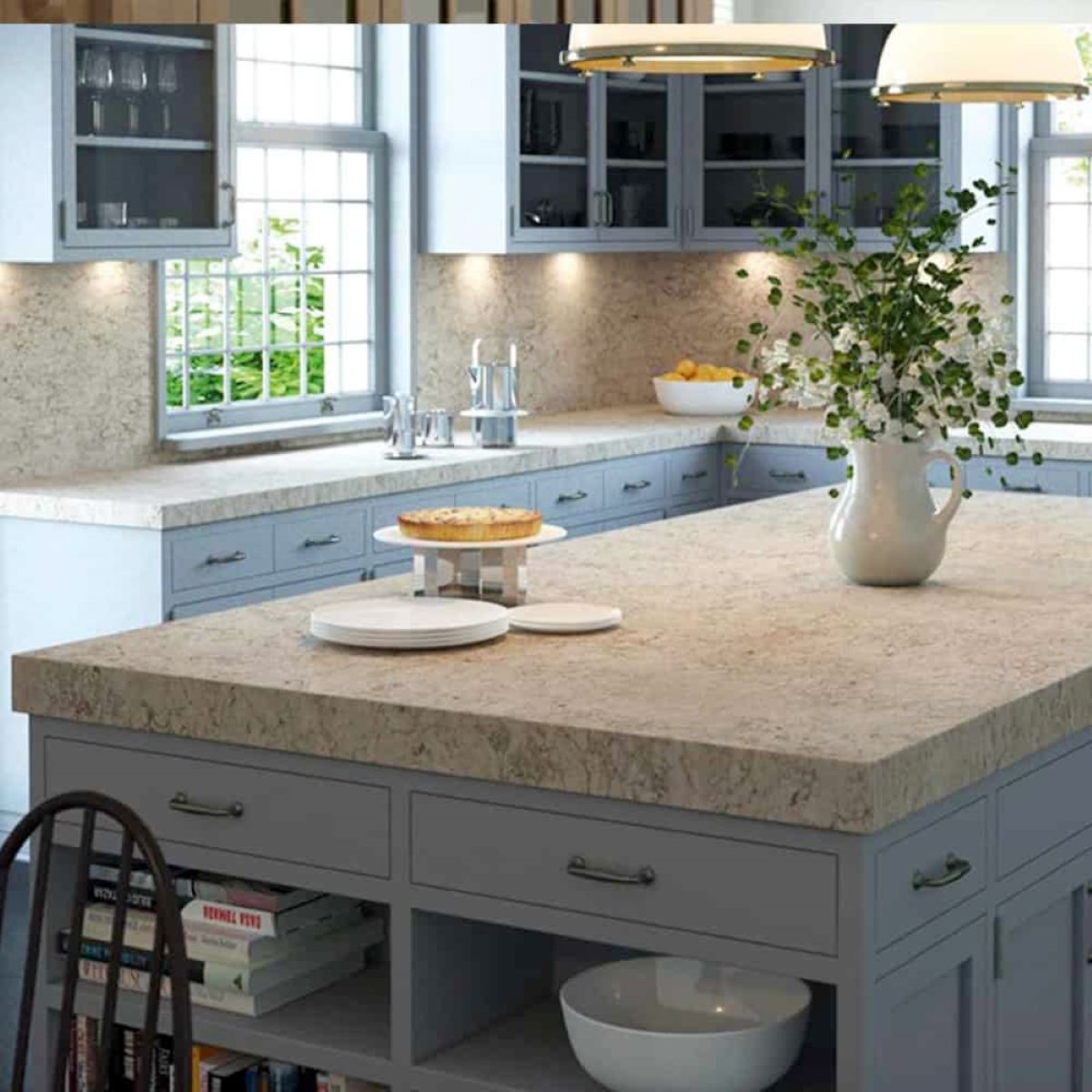

Articles
What Is Caesarstone Countertops
Modified: December 7, 2023
Discover the Benefits of Caesarstone Countertops in our Informative Articles. Find out how these durable and stylish surfaces can transform your kitchen or bathroom.
(Many of the links in this article redirect to a specific reviewed product. Your purchase of these products through affiliate links helps to generate commission for Storables.com, at no extra cost. Learn more)
Introduction
Countertops play a crucial role in enhancing the functionality and aesthetics of a kitchen or bathroom. When it comes to choosing the perfect countertop material, homeowners have a wide array of options available. One material that has gained immense popularity in recent years is Caesarstone countertops.
Caesarstone countertops are engineered stone surfaces that offer a blend of durability, elegance, and versatility. Made from a combination of natural quartz, resins, and pigments, these countertops are manufactured using advanced technology to create a high-quality and consistent product.
In this article, we will explore the composition, benefits, styles, durability, maintenance, cost, and comparison of Caesarstone countertops. Whether you are building a new home or renovating your current space, this article will provide you with valuable insights to help you make an informed decision.
So, let’s dive in and discover the wonders of Caesarstone countertops!
Key Takeaways:
- Caesarstone countertops offer exceptional durability, resistance to stains, and heat, making them a practical and low-maintenance choice for homeowners seeking long-lasting beauty and functionality in their kitchen or bathroom.
- With a wide range of colors, styles, and finishes, Caesarstone countertops provide homeowners with a versatile and aesthetically pleasing option that adds value to their home and creates a stunning and functional surface for years to come.
Read more: What Are Prefab Countertops
Composition and Manufacturing Process
Caesarstone countertops are composed of approximately 93% natural quartz, one of the hardest and most abundant minerals on Earth. The remaining 7% consists of a combination of resins and pigments that help enhance the strength, durability, and color of the countertops.
The manufacturing process starts with the careful selection of high-quality quartz crystals. These crystals are then ground down to form a fine powder. The quartz powder is then combined with resins and pigments, which not only bind the quartz particles together but also add desirable colors and patterns. The mixture is then poured into molds to create slabs of various thicknesses.
Once the slabs are formed, they undergo a process of compression and vacuuming. This eliminates air bubbles, ensures the consistency of the material, and enhances its overall strength. The slabs are then moved to a curing oven, where they are heated at a specific temperature to strengthen the bonds between the quartz particles.
After the curing process, the slabs are polished to achieve a smooth and glossy finish. This polishing process enhances the natural beauty of the quartz, making it resemble the look and feel of natural stone. The slabs are then cut and fabricated into the desired sizes and shapes for installation.
The combination of natural quartz, resins, and pigments used in the manufacturing process gives Caesarstone countertops a non-porous surface, making them highly resistant to stains, scratches, and heat damage.
Now that we have explored the composition and manufacturing process of Caesarstone countertops, let’s move on to the next section to discover the benefits they offer.
Benefits of Caesarstone Countertops
Caesarstone countertops offer a multitude of benefits that make them a popular choice among homeowners. Let’s explore some of the key advantages:
- Exceptional Durability: With its high composition of natural quartz, Caesarstone countertops are incredibly durable and resistant to scratches, chips, and cracks. This makes them ideal for high-traffic areas such as kitchens and bathrooms, where countertops are exposed to daily wear and tear.
- Stain Resistance: The non-porous surface of Caesarstone countertops prevents the absorption of liquids, making them highly resistant to stains. This means that spills and splatters from common household items such as coffee, wine, and oils can be easily wiped away without leaving any lasting marks.
- Heat Resistance: Caesarstone countertops can withstand high temperatures, making them suitable for placing hot pots and pans directly on the surface without causing any damage. However, it is always recommended to use trivets or heat pads to prolong the life of the countertop and prevent any potential heat damage.
- Low Maintenance: Unlike natural stone countertops that require regular sealing and maintenance, Caesarstone countertops are virtually maintenance-free. They can be easily cleaned with mild soap and water, eliminating the need for harsh chemicals or specialized cleaning products.
- Hygienic Surface: The non-porous nature of Caesarstone countertops also makes them resistant to bacteria, mold, and mildew growth. This provides a hygienic surface that is safe for food preparation and ensures a healthier living environment.
- Wide Range of Colors and Styles: Caesarstone offers a vast selection of colors, patterns, and finishes to suit any design aesthetic. Whether you prefer a classic, timeless look or a bold, modern statement, there is a Caesarstone countertop option to match your style and personal taste.
- Uniformity and Consistency: The manufacturing process of Caesarstone countertops ensures uniformity and consistency across all slabs. This means that you can expect a seamless installation with a consistent color and pattern throughout your countertops.
Now that we’ve explored the numerous benefits of Caesarstone countertops, let’s move on to the next section to discover the diverse range of colors and styles available.
Variety of Colors and Styles
One of the standout features of Caesarstone countertops is the extensive range of colors and styles available. Whether you’re aiming for a timeless and elegant look or a bold and contemporary aesthetic, Caesarstone has something to suit every taste and design preference.
Caesarstone offers a diverse color palette, ranging from classic neutrals to vibrant and unique hues. You can find shades of white, gray, black, brown, and even bold colors like red or blue. This wide selection allows you to find the perfect color that complements your overall design scheme and creates the desired ambiance in your space.
In addition to the variety of colors, Caesarstone countertops also come in different finishes and patterns. You can choose between polished, honed, or textured finishes, each offering a different level of shine and visual appeal. For those who prefer a modern and sleek look, a polished finish provides a glossy and reflective surface. On the other hand, a honed or textured finish offers a softer and more matte appearance.
Moreover, Caesarstone offers countertops with patterns that mimic the natural beauty of marble, granite, or other stone options. These patterns can add depth and visual interest to your countertops, creating a luxurious and sophisticated feel.
Whether you’re trying to achieve a minimalist, Scandinavian-inspired kitchen or a glamorous, Hollywood-inspired bathroom, the wide variety of colors and styles available in Caesarstone countertops ensures that you can find the perfect fit for your design vision.
Now that we’ve explored the array of colors and styles offered by Caesarstone, let’s move on to the next section to discuss the durability and resistance of these countertops.
Durability and Resistance
Caesarstone countertops are known for their exceptional durability and resistance, making them a long-lasting investment for your kitchen or bathroom. Here are some key factors that contribute to their durability:
- Hardness: Caesarstone countertops are composed of natural quartz, one of the hardest minerals found in nature. This high quartz content gives these countertops superior strength and durability, making them highly resistant to scratches, chips, and cracks.
- Stain Resistance: The non-porous surface of Caesarstone countertops prevents liquids from penetrating the material, making them highly resistant to stains. Whether it’s coffee, wine, tomato sauce, or oil, spills can be easily wiped away without leaving any lasting marks.
- Heat Resistance: Caesarstone countertops can withstand moderate heat, making them suitable for everyday kitchen use. However, it is always recommended to use trivets or hot pads to protect the surface from direct heat exposure and avoid any potential damage.
- Impact Resistance: Due to the quartz content and engineered manufacturing process, Caesarstone countertops possess high impact resistance. They are less likely to crack or chip when exposed to heavy objects or accidental impacts, adding to their longevity and durability.
- Chemical Resistance: Caesarstone countertops are highly resistant to household chemicals such as cleaning agents, acids, and solvents. Unlike some natural stones that can be damaged by certain chemicals, Caesarstone maintains its integrity and appearance even when exposed to common household substances.
- Fade Resistance: The pigments used in Caesarstone countertops are highly stable and resistant to fading. This ensures that the colors of your countertops will not dull or fade over time, maintaining their beauty and vibrancy for years to come.
- Moisture Resistance: The non-porous nature of Caesarstone countertops makes them impervious to moisture. This prevents the growth of mold, mildew, and bacteria, ensuring a hygienic and healthy kitchen or bathroom environment.
With their remarkable durability and resistance to various forms of damage, Caesarstone countertops are built to withstand the rigors of everyday use while maintaining their stunning appearance. Now that we have discussed the durability and resistance of Caesarstone countertops, let’s move on to the next section and explore the maintenance and care tips for these countertops.
When cleaning Caesarstone countertops, use a mild detergent and a soft cloth or sponge. Avoid harsh chemicals or abrasive cleaners to prevent damage to the surface.
Read more: What Are Dekton Countertops
Maintenance and Care Tips
While Caesarstone countertops are known for their durability and resistance, proper maintenance and care will help extend their lifespan and keep them looking their best. Here are some essential maintenance and care tips to follow:
- Clean Regularly: It is important to clean your Caesarstone countertops regularly to remove any spills or debris. Use a mild soap or a designated stone cleaner, along with a soft cloth or sponge, to gently wipe the surface. Avoid using abrasive cleaners or scrub brushes as they can scratch the surface.
- Wipe Spills Immediately: To prevent staining, it is crucial to wipe up any spills immediately. Promptly clean up spills of acidic liquids like citrus juice, vinegar, or wine, as they can potentially etch or damage the surface if left for an extended period.
- Avoid Harsh Chemicals: While Caesarstone countertops are resistant to many household chemicals, it is still best to avoid using harsh or abrasive cleaners. Avoid products that contain bleach, ammonia, or abrasive ingredients, as these can dull or damage the surface over time.
- Use Cutting Boards and Trivets: While Caesarstone is highly scratch-resistant, it is still recommended to use cutting boards and trivets to protect the surface from direct contact with sharp knives and hot cookware. This will prevent any potential scratches or heat damage.
- Avoid Impact and Pressure: Although Caesarstone countertops are durable, it is advisable to avoid dropping heavy objects or applying excessive pressure on the surface. This can potentially cause damage or cracks.
- Prevent Direct Sunlight: Prolonged exposure to direct sunlight can cause the color of Caesarstone countertops to fade over time. To minimize this, use window coverings or blinds to protect the countertops from direct UV rays.
- Sealant Not Required: Unlike natural stone countertops, Caesarstone does not require sealing. The non-porous nature of the surface eliminates the need for sealing, making maintenance even more hassle-free.
By following these maintenance and care tips, you can ensure that your Caesarstone countertops remain in pristine condition for years to come.
Now that we have covered the maintenance and care of Caesarstone countertops, let’s move on to the installation process in the next section.
Installation Process
The installation of Caesarstone countertops is best left to professionals who have experience working with this type of material. Here is a general overview of the installation process:
- Measuring and Templating: Before installation, precise measurements of the countertop area are taken. This ensures that the countertops are cut to the exact dimensions required for your space. Templating, or creating a template of the countertop, is done to ensure accuracy and proper fit.
- Fabrication: Once the templates are created, the fabrication process begins. The slabs of Caesarstone are cut and shaped according to the measurements and design specifications. This includes cutting out holes for sinks, faucets, and other fixtures.
- Preparing the Substrate: The surface on which the countertops will be installed, known as the substrate, is prepared. This may involve ensuring it is level, free from debris, and properly supported to bear the weight of the countertops.
- Installing the Countertops: The countertops are carefully placed on top of the prepared substrate. They are positioned to ensure a snug fit and proper alignment with adjacent surfaces and fixtures.
- Sealing Joints: Depending on the design and layout, joints between different sections of countertops may need to be sealed. A silicone or epoxy-based adhesive is used to create a seamless appearance and prevent any water or debris from seeping between the joints.
- Attaching Sink and Fixtures: If applicable, sinks, faucets, and other fixtures are installed onto the countertops. This involves making necessary cutouts and securing the fixtures in place.
- Final touches: Once the countertops and fixtures are in place, the installation team will perform a final inspection and make any necessary adjustments. They will ensure that the countertops are properly leveled, secured, and that all edges and surfaces are clean and polished.
It is important to note that the exact installation process may vary based on the specific design, size, and complexity of the project. It is recommended to consult with a professional installer to ensure a smooth and successful installation of your Caesarstone countertops.
Now that we have covered the installation process, let’s move on to discussing the cost of Caesarstone countertops.
Cost of Caesarstone Countertops
The cost of Caesarstone countertops can vary depending on several factors, including the size of the area to be covered, the chosen color and style, the complexity of the installation, and the region in which you live. Generally, Caesarstone countertops fall in the mid to high range of countertop materials in terms of cost.
On average, the cost of Caesarstone countertops ranges from $50 to $100 per square foot, including materials and installation. Keep in mind that this is a rough estimate and prices can vary. It is recommended to obtain quotes from multiple suppliers and contractors to get an accurate idea of the cost for your specific project.
Additional factors that can impact the cost include edging profiles, cutouts for sinks and faucets, backsplashes, and any customization or special requirements. These will add to the overall cost of the project.
Caesarstone countertops are considered a long-term investment due to their durability and low maintenance requirements. They provide value in terms of longevity, aesthetic appeal, and the added value they bring to your home. Keep in mind that while the upfront cost may be higher compared to some other materials, the long-term benefits and durability of Caesarstone can make it a worthwhile investment.
It is also important to factor in the cost of installation, which is typically included in the overall price quoted by suppliers or contractors. Professional installation ensures proper alignment, seamless joints, and a high-quality finish.
Taking into account the durability, versatility, and longevity of Caesarstone countertops, along with the aesthetic appeal and value they bring to your space, the cost is justified. However, it is essential to consider your budget and priorities when making a decision.
Now that we have discussed the cost of Caesarstone countertops, let us move on to comparing them with other popular countertop materials in the next section.
Comparison with Other Countertop Materials
When choosing countertops for your kitchen or bathroom, it is important to consider the various options available. Let’s compare Caesarstone countertops with other popular countertop materials:
- Natural Stone: Natural stone, such as granite or marble, is a popular choice for countertops due to its unique beauty and timeless appeal. While natural stone offers a wide range of colors and patterns, it requires regular sealing and maintenance to prevent staining and damage. Caesarstone countertops, on the other hand, are non-porous and require minimal maintenance.
- Laminate: Laminate countertops are an affordable option that comes in a variety of colors and styles. However, they are susceptible to scratches and heat damage, and the seams can be more noticeable. Caesarstone countertops offer superior durability and resistance to scratches, stains, and heat.
- Solid Surface: Solid surface countertops, like Corian, offer a seamless look and are resistant to stains and bacteria. However, they are less heat resistant and prone to scratches and chips compared to Caesarstone countertops.
- Quartzite: Quartzite is a natural stone that is highly durable and heat-resistant. However, like other natural stones, it requires regular sealing and maintenance. Caesarstone countertops offer similar durability and heat resistance without the need for regular sealing.
- Engineered Quartz: Aside from Caesarstone, there are other engineered quartz brands available. While they may offer similar benefits, Caesarstone is known for its high quality, wide color selection, and extensive warranty coverage.
Overall, Caesarstone countertops offer a winning combination of durability, resistance, and aesthetic appeal. They are a low-maintenance option compared to natural stones like granite or marble, providing long-lasting beauty without the need for regular sealing or extensive maintenance.
When deciding on the right countertop material, consider your specific needs, budget, and design preferences. Consulting with professionals and seeing physical samples can help you make an informed decision.
Now that we have compared Caesarstone countertops with other materials, let’s conclude our article.
Read more: What Are Porcelain Countertops
Conclusion
Choosing the right countertop material can significantly impact the functionality and aesthetic appeal of your kitchen or bathroom. In this article, we explored the wonders of Caesarstone countertops and their numerous benefits.
Caesarstone countertops offer exceptional durability and resistance to scratches, stains, heat, and impact. Their non-porous surface makes them easy to clean and hygienic. With a wide range of colors, styles, and finishes to choose from, you can find the perfect match for your design vision.
Unlike natural stone countertops, Caesarstone countertops require minimal maintenance and do not require regular sealing. This makes them a practical choice for homeowners seeking a low-maintenance and long-lasting countertop solution.
While Caesarstone countertops fall within the mid to high range in terms of cost, their durability, longevity, and aesthetic appeal make them a worthwhile investment. They add value to your home and provide a beautiful and functional surface for years to come.
When comparing Caesarstone countertops to other materials, their superior durability, resistance, and ease of maintenance stand out. While each material has its advantages, Caesarstone offers a winning combination of beauty, durability, and practicality.
In conclusion, Caesarstone countertops are a fantastic choice for homeowners who prioritize durability, resistance, and long-term value. Whether you’re building a new home or renovating your existing space, Caesarstone countertops provide a reliable and stylish option that will delight you for years to come.
Frequently Asked Questions about What Is Caesarstone Countertops
Was this page helpful?
At Storables.com, we guarantee accurate and reliable information. Our content, validated by Expert Board Contributors, is crafted following stringent Editorial Policies. We're committed to providing you with well-researched, expert-backed insights for all your informational needs.
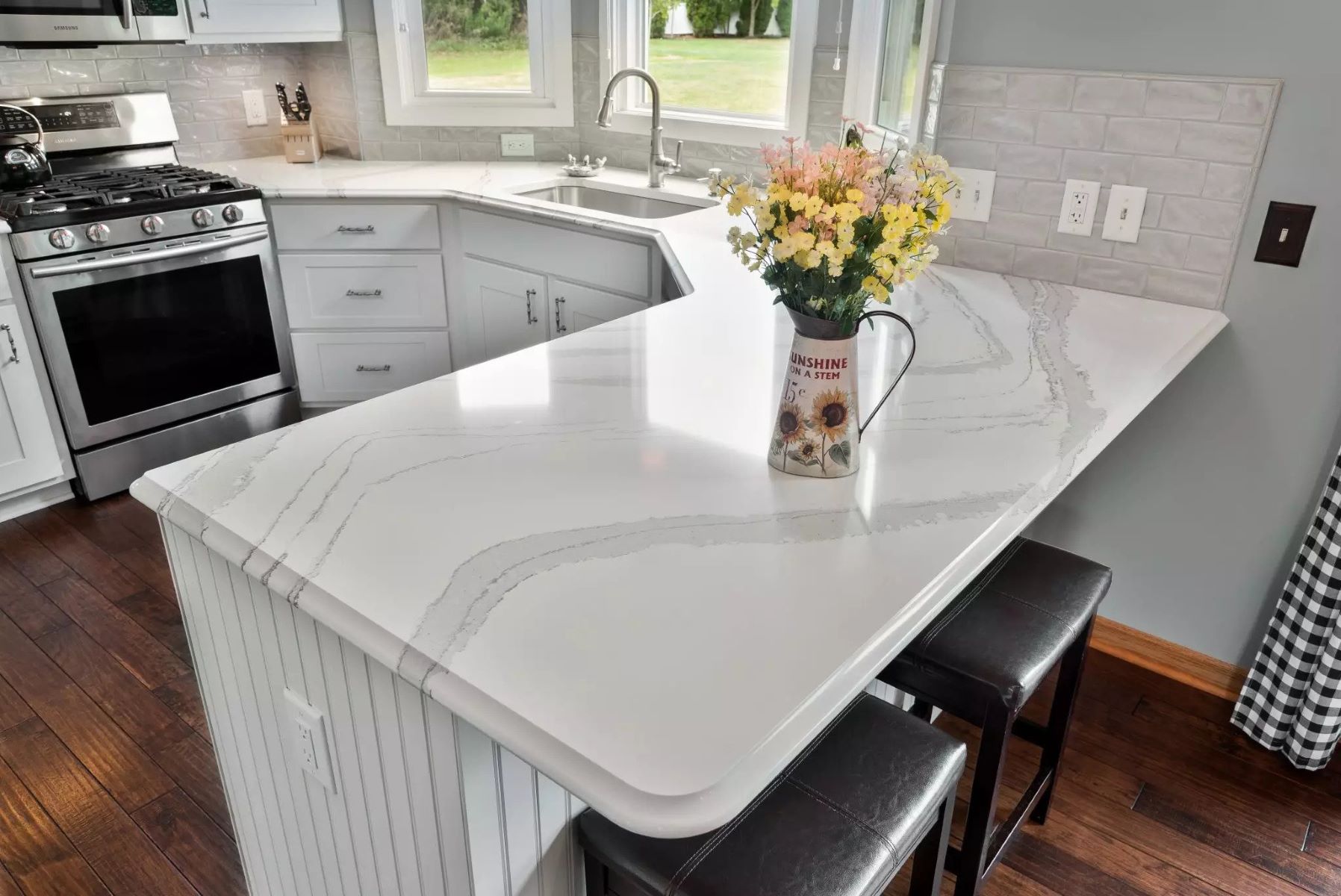
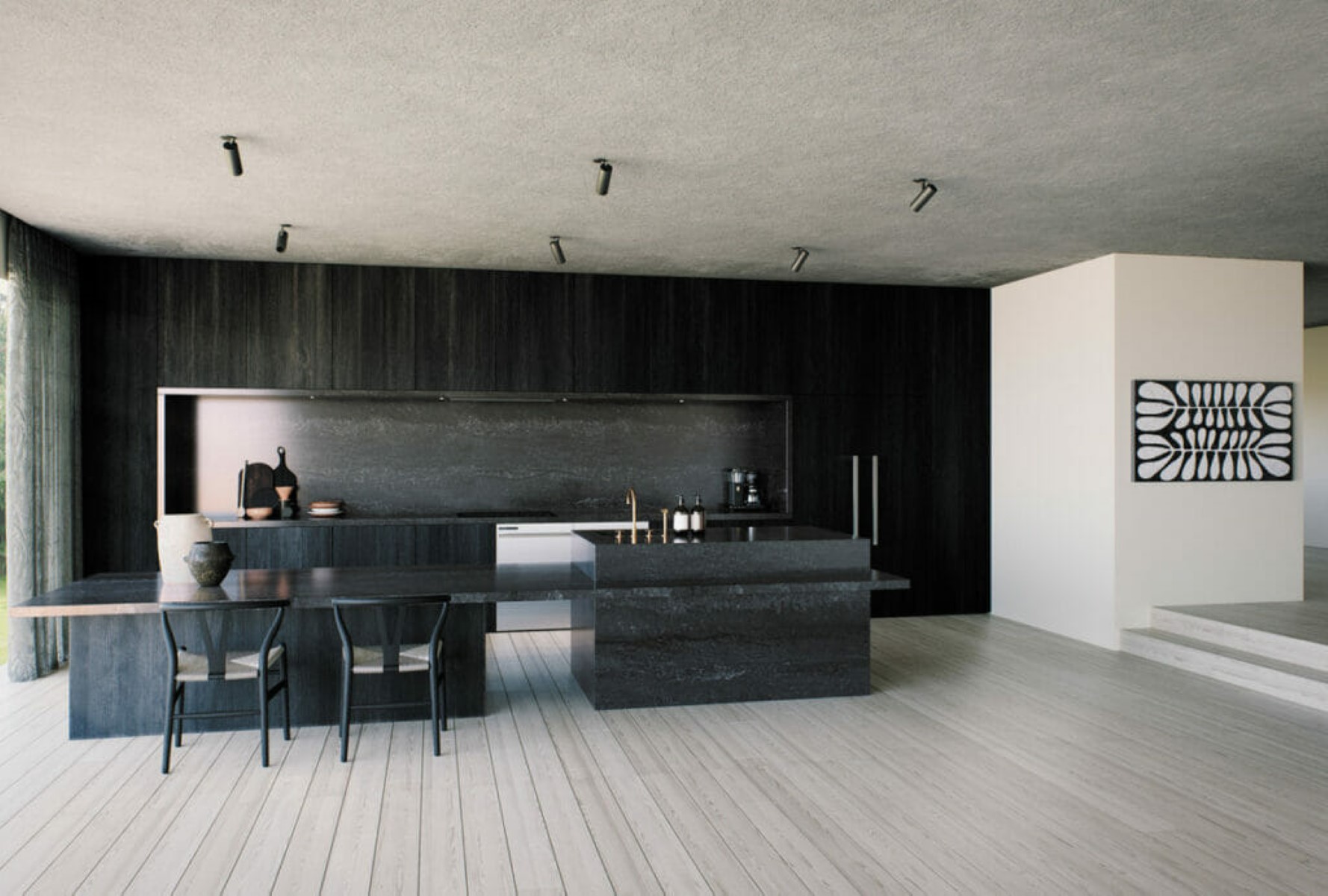
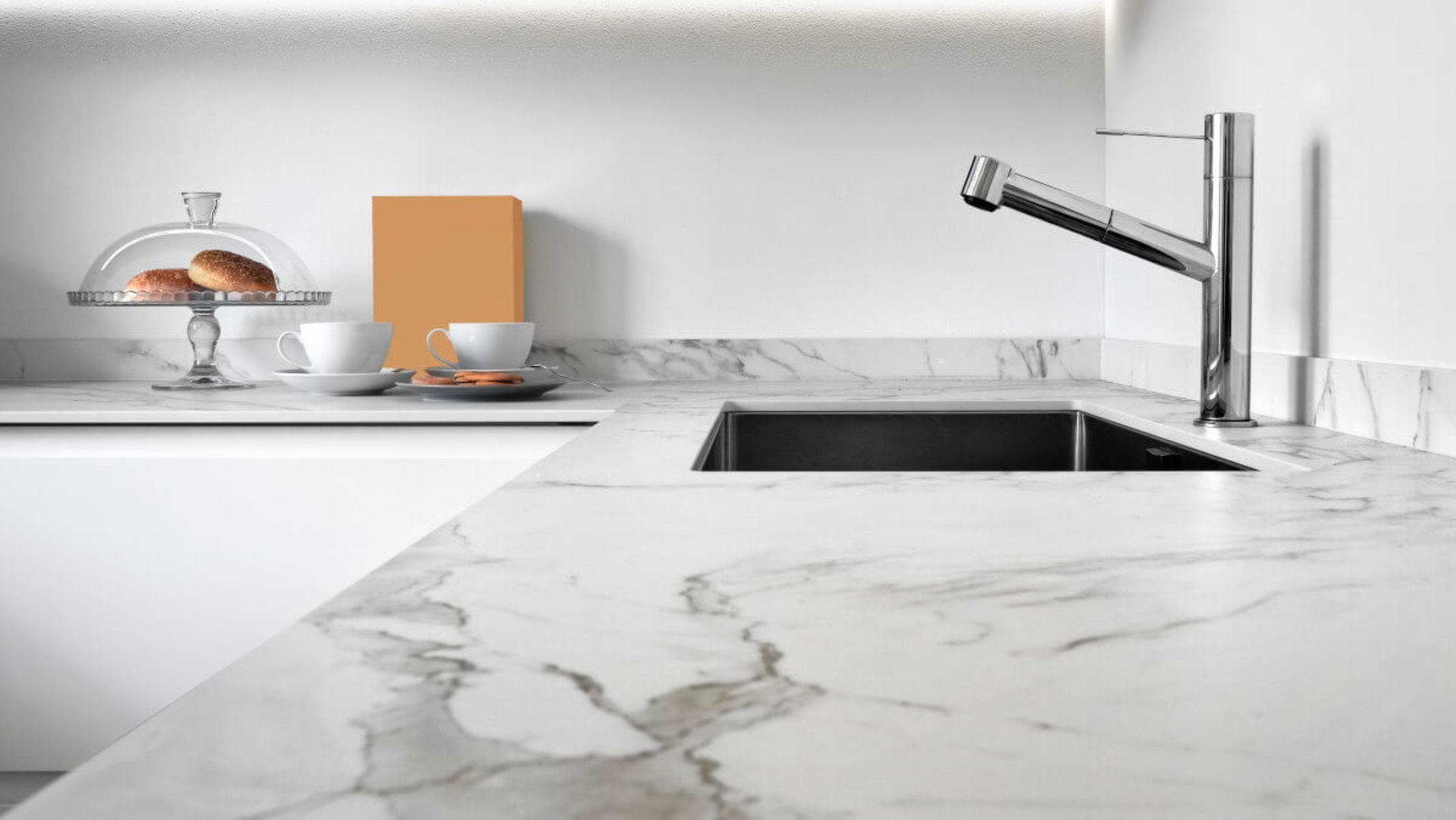
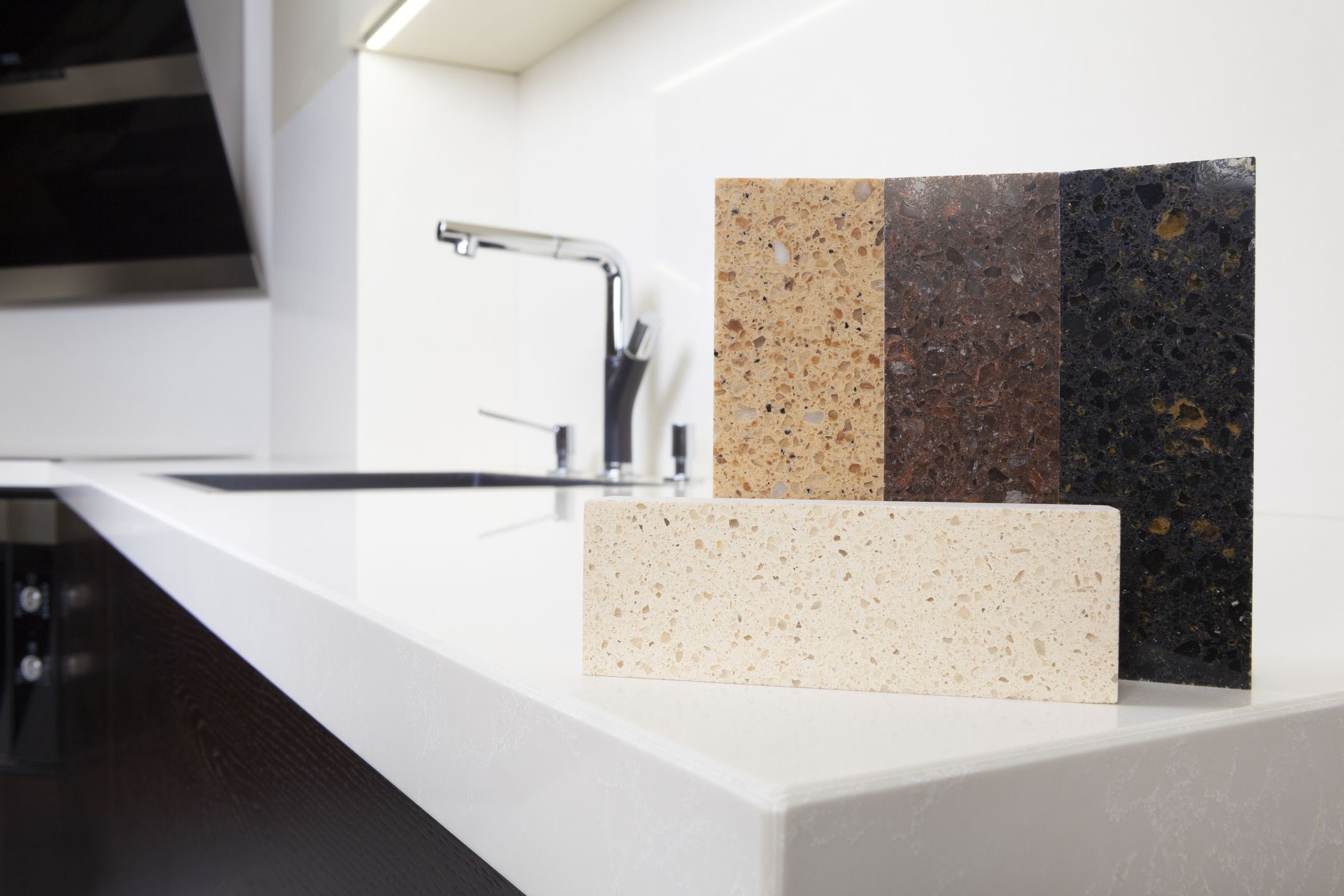
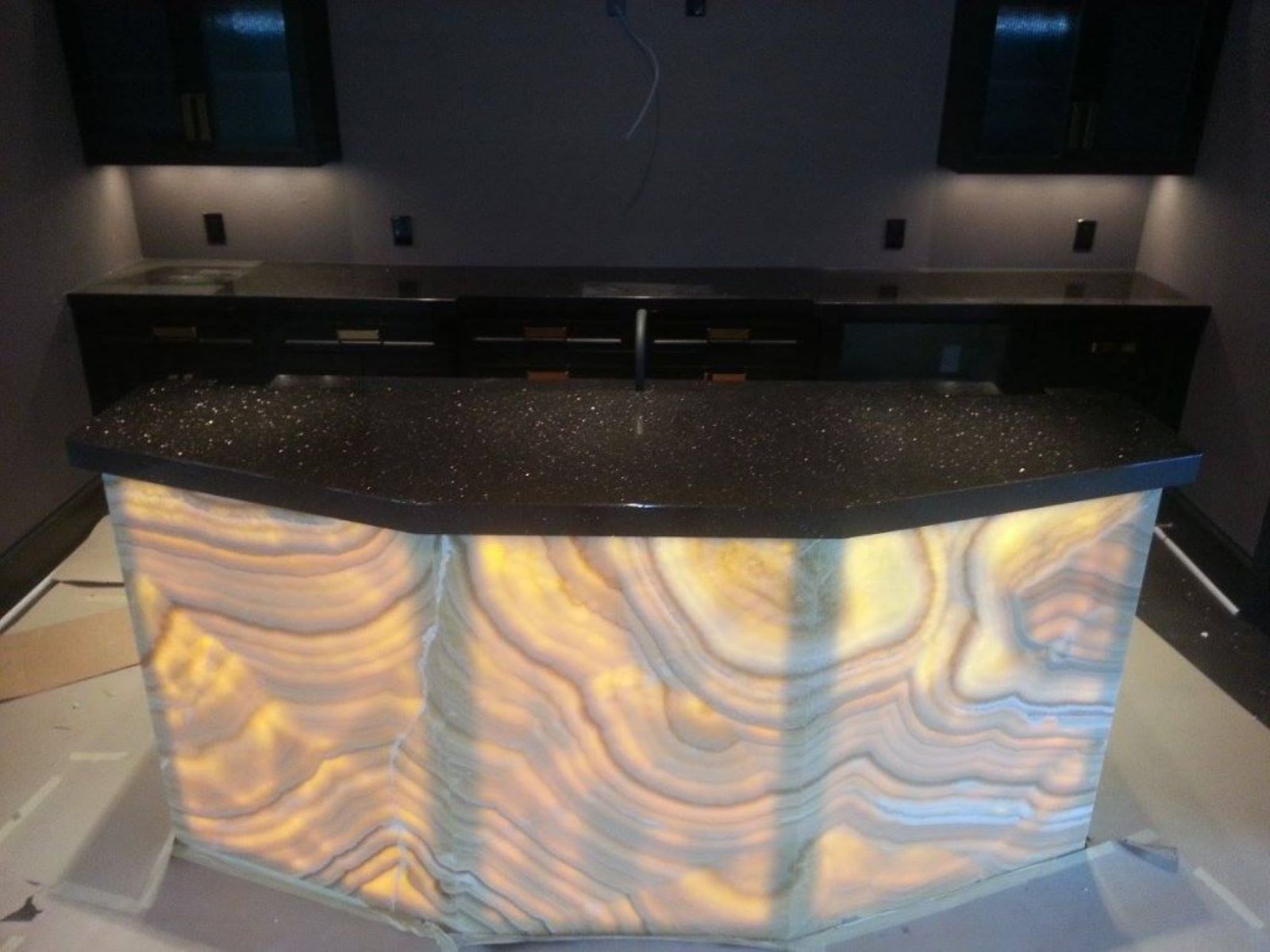
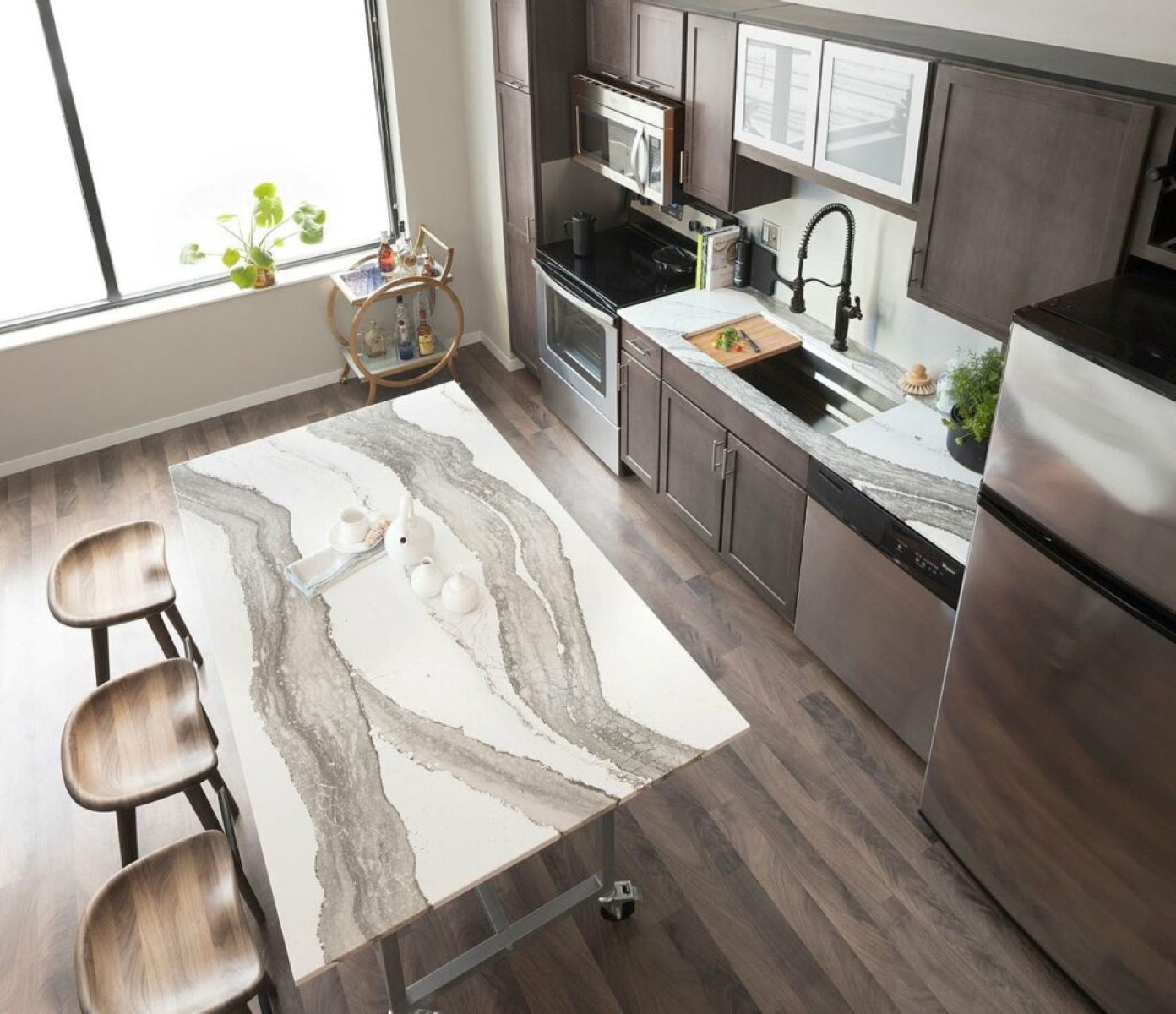
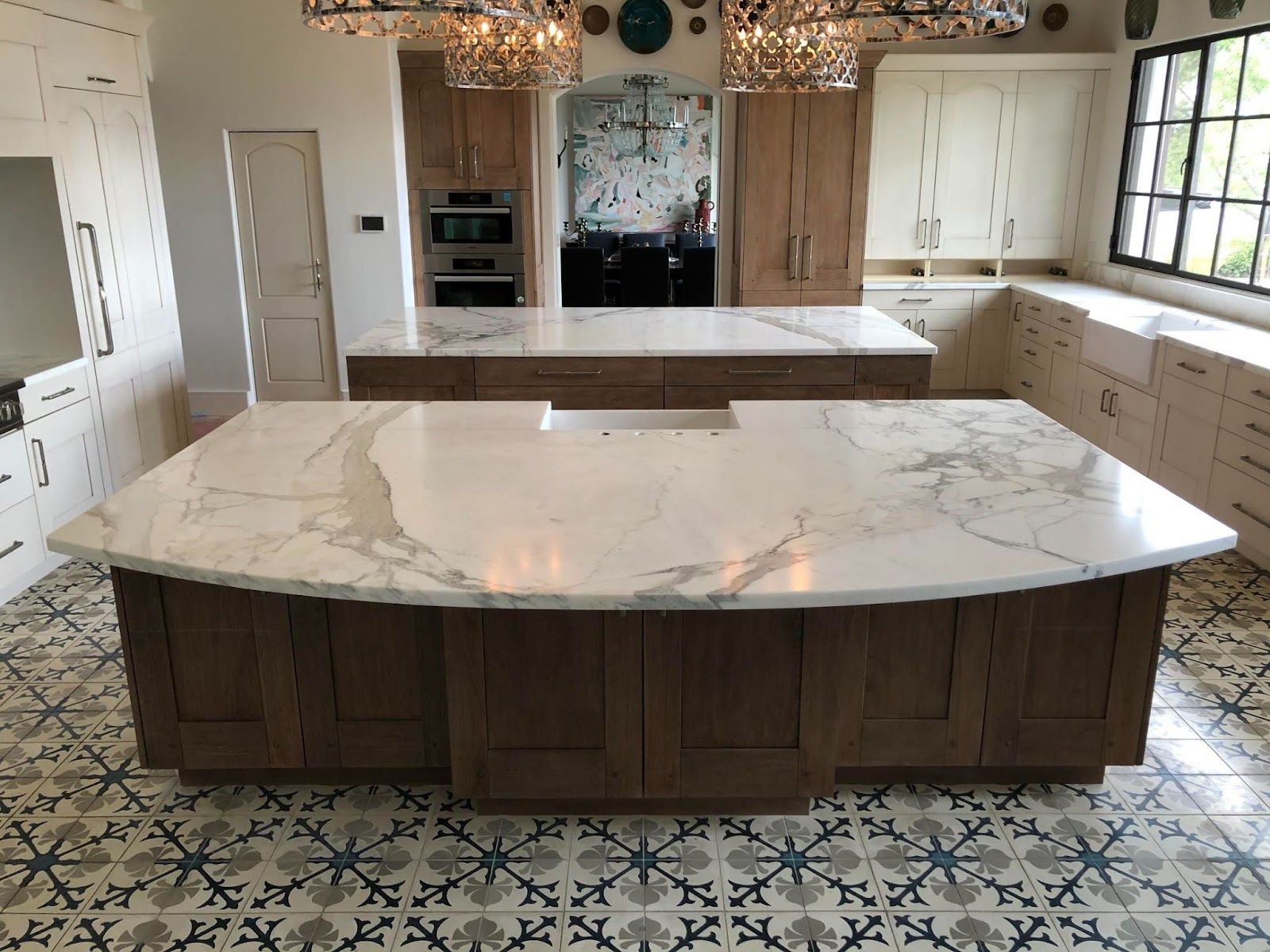
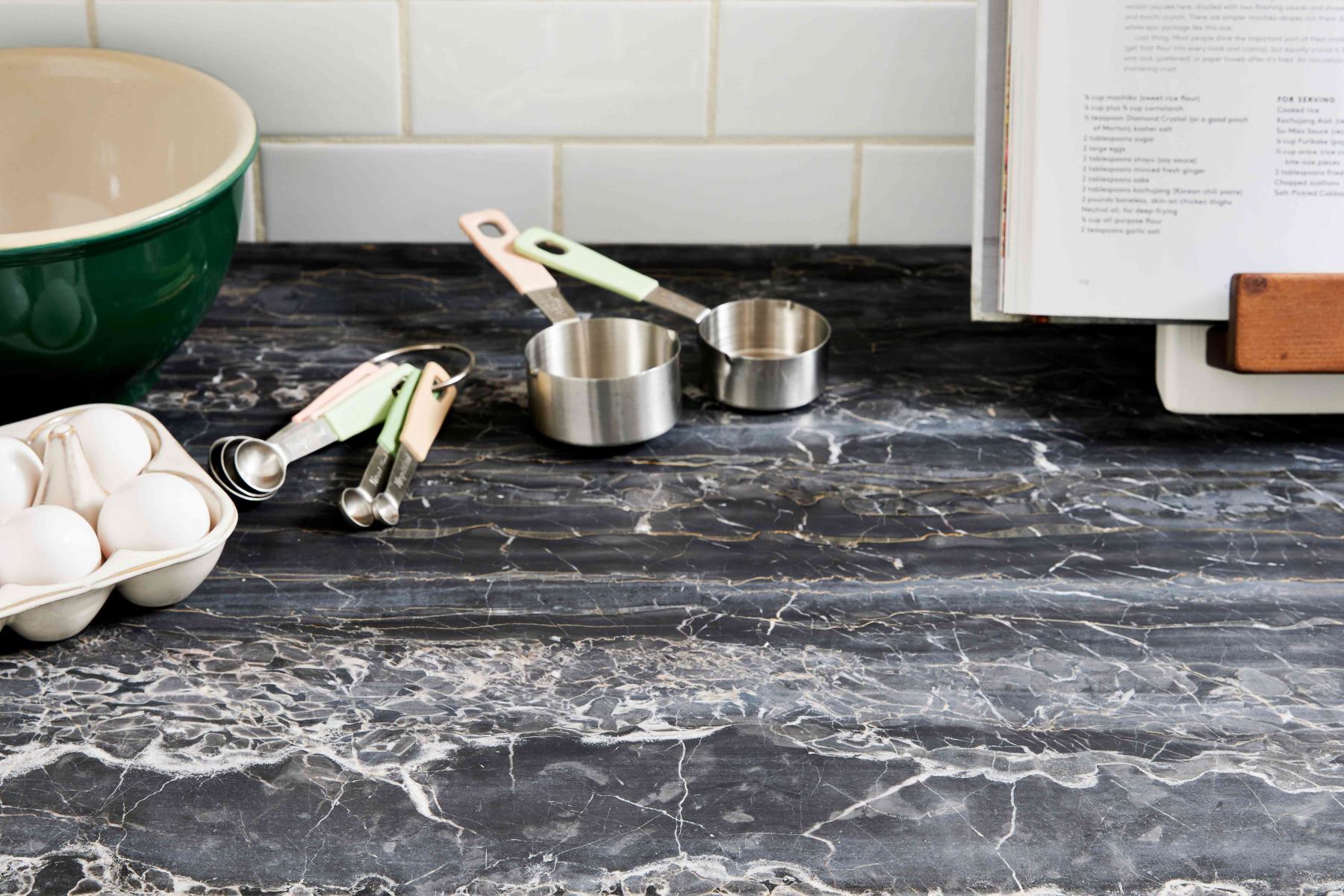
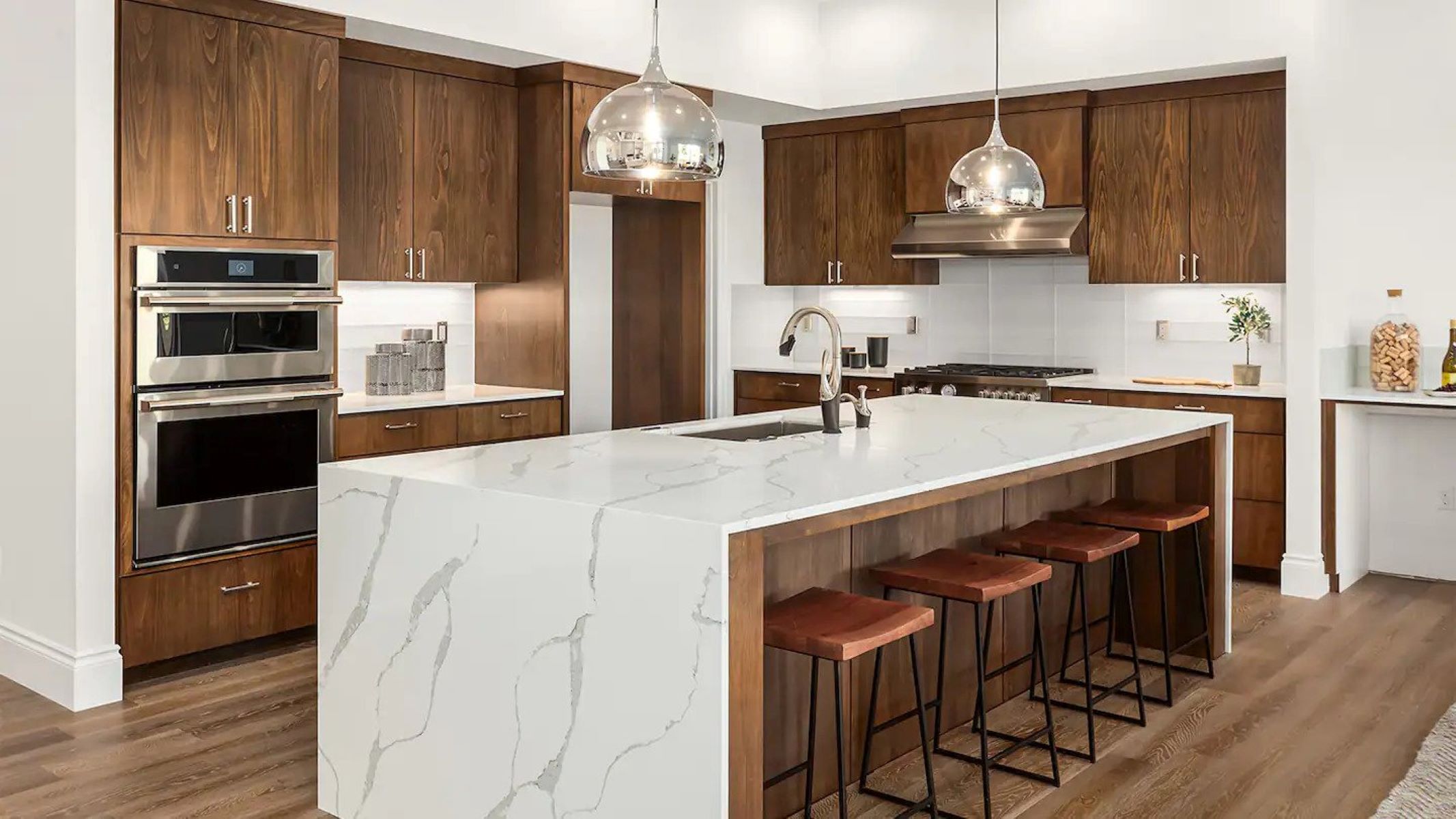
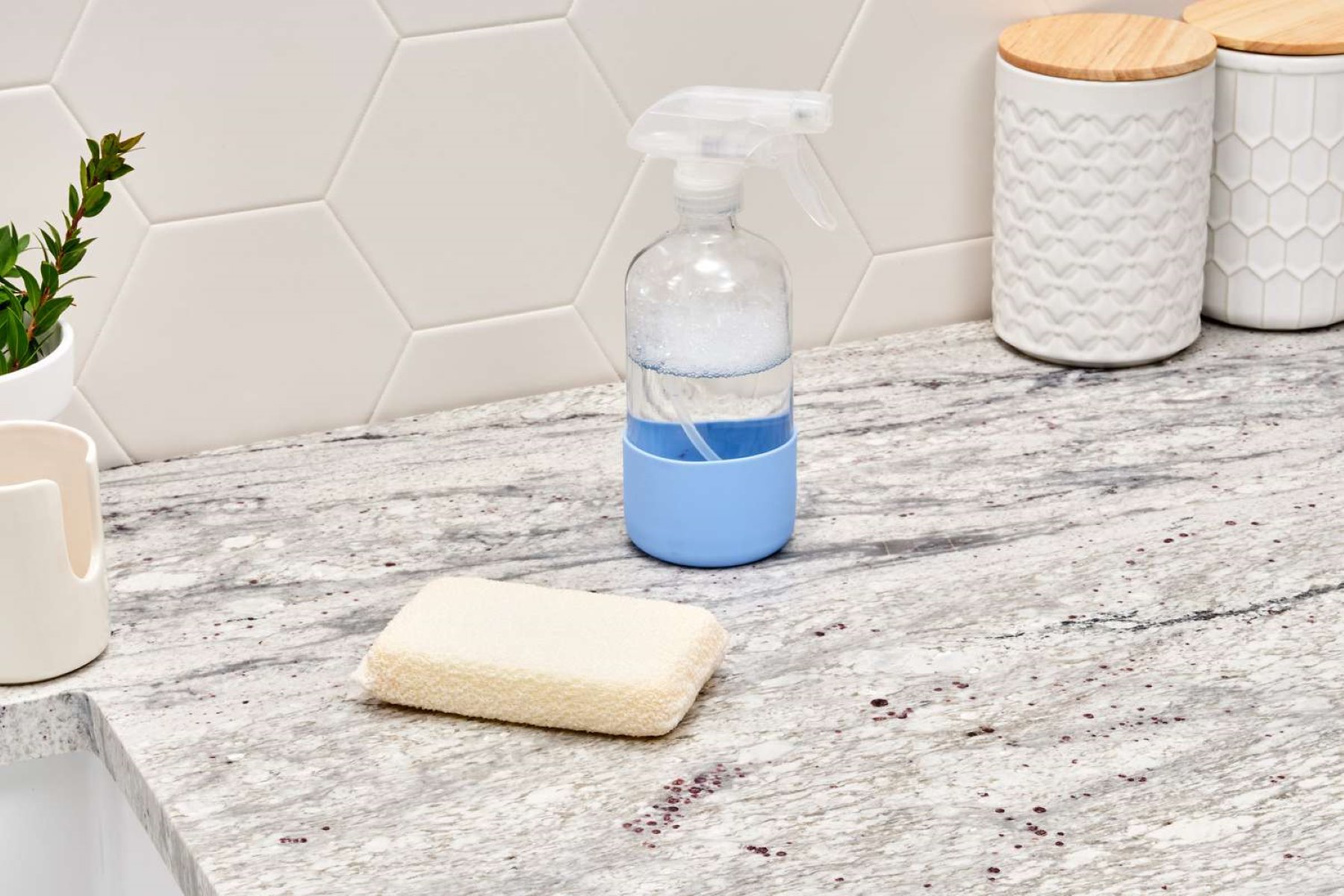
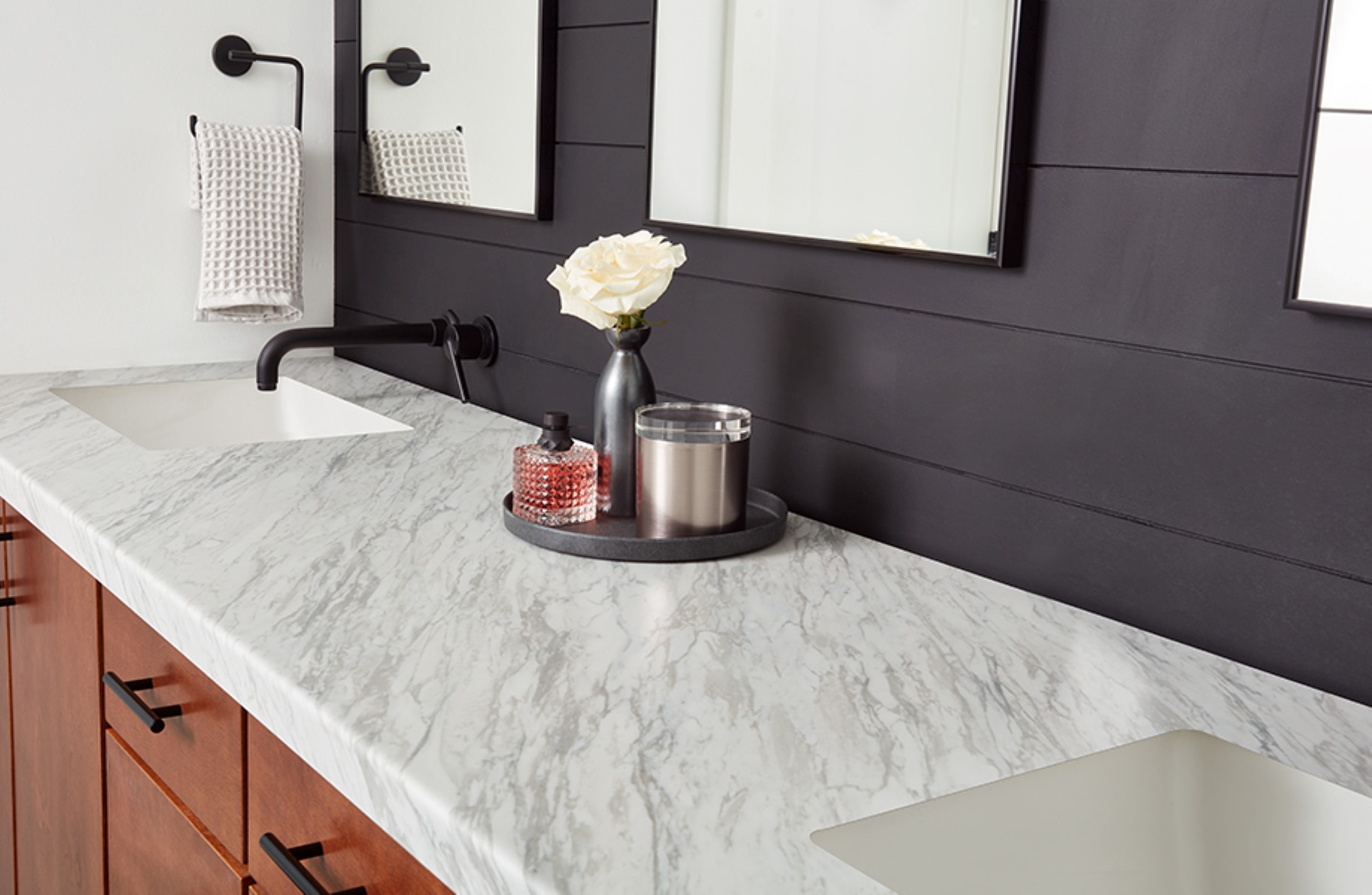
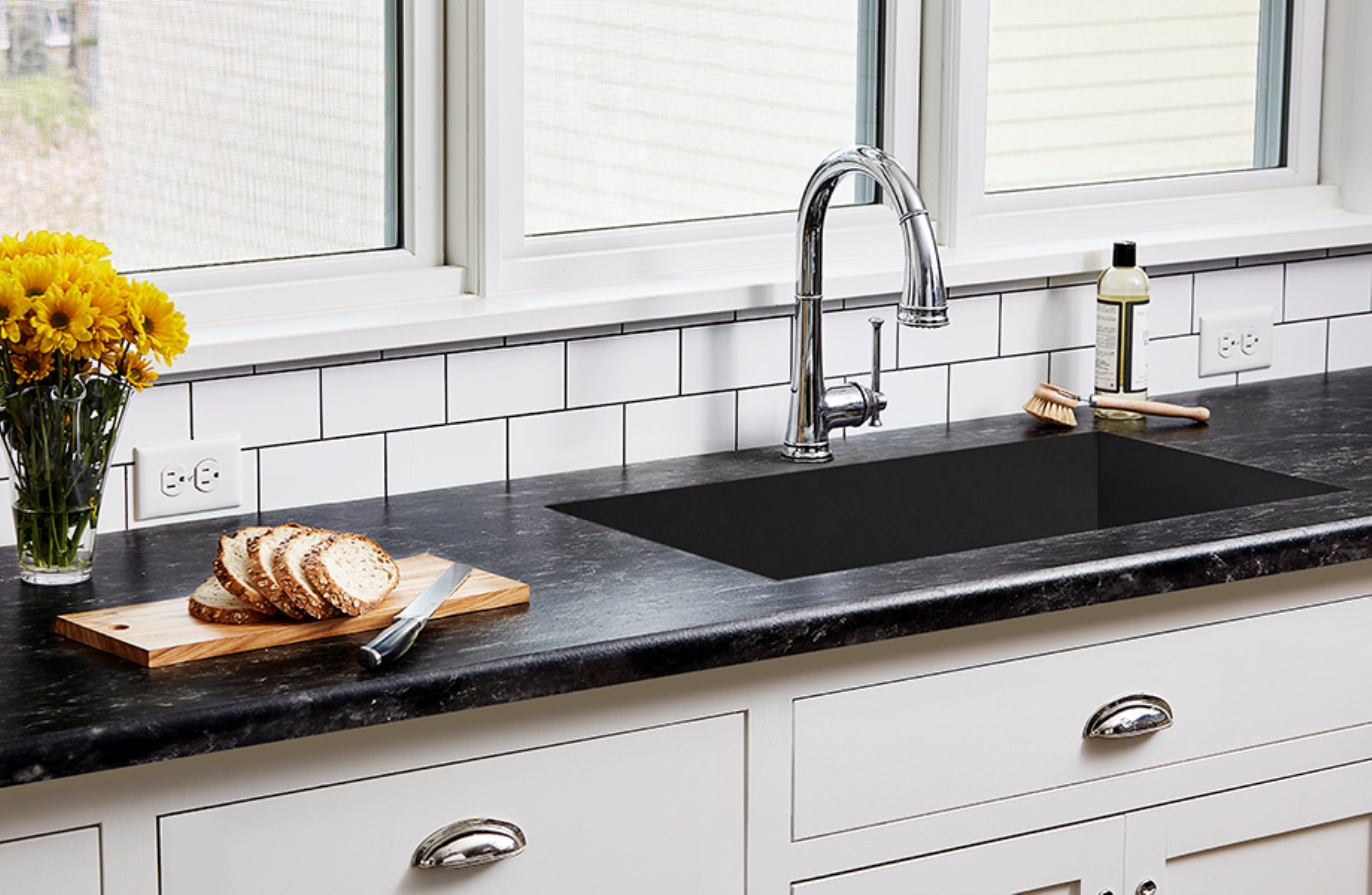
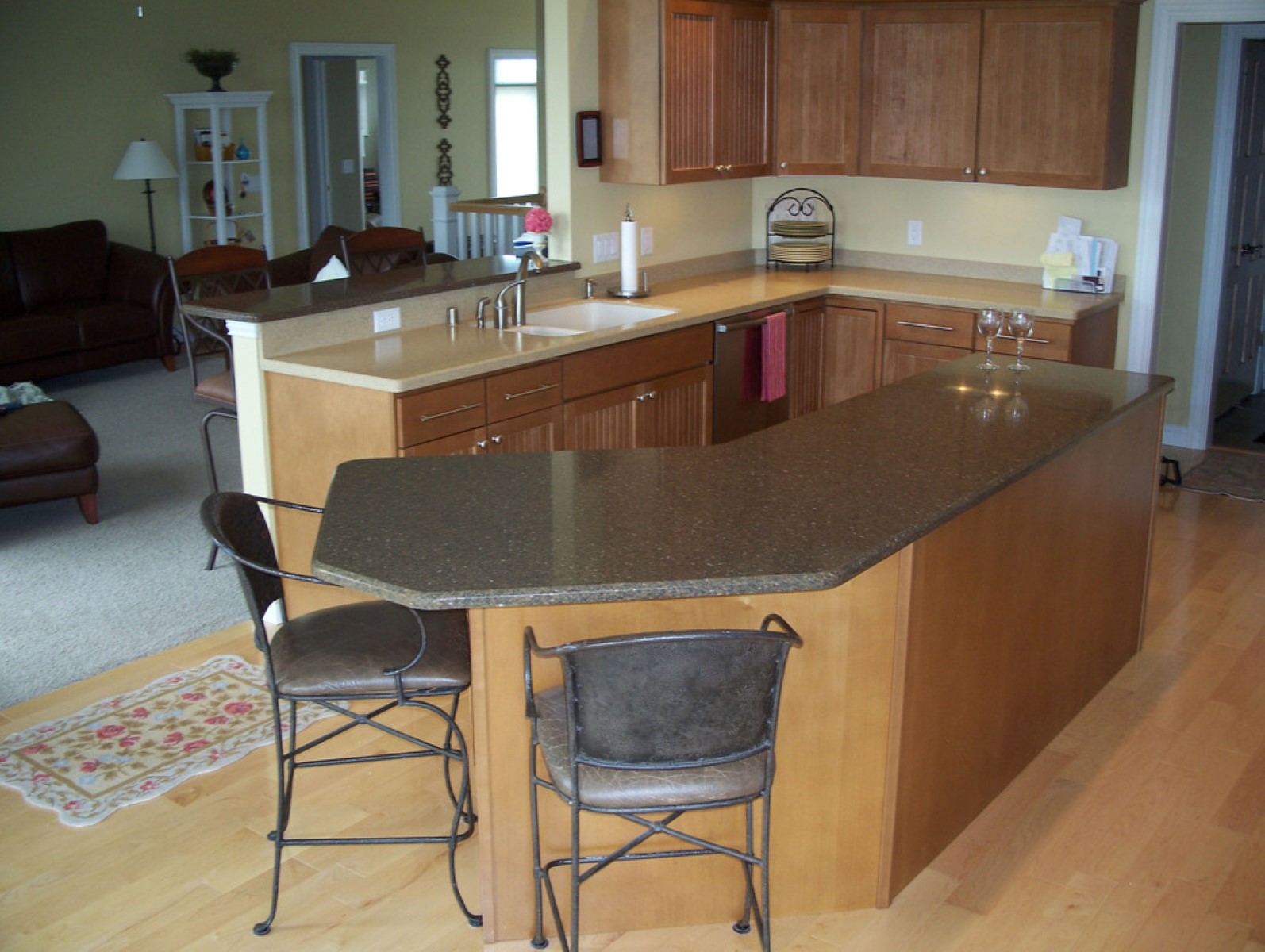

0 thoughts on “What Is Caesarstone Countertops”